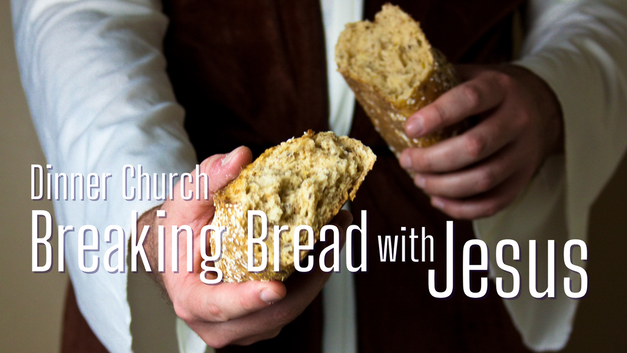|
2024 SUNDAY LENTEN SERIES
Jesus sat down to eat with all kinds of people. Jesus welcomed people on their level, listened to their stories, related to their humanity, accepted their mistakes, and loved them with generosity and grace. How does the church today make room at the table the way Jesus did? |
DINNER CHURCH - MIDWEEK WORSHIP
Luke records seven meals Jesus eats with others - Jesus clearly enjoyed eating! It was in breaking bread with others that Jesus taught about the Kingdom of God and revealed important things about himself. In the weeks leading to Easter, we'll explore these deeply meaningful stories. |
|
FEBRUARY 18
"The Purpose of Belonging" - Luke 5:1-11 FEBRUARY 25 "All Are Welcome, Even Me?" - Mark 2:15-17 MARCH 3 "All Are Welcome, Even My Enemy?" - Matthew 5:43-48 MARCH 10 "Who Are You Inviting?" - Luke 14:15-23 MARCH 17 "Regard Others as Better Than Yourself" - Philippians 2:1-11 |
FEBRUARY 21
"A Most Uncomfortable Supper" - Luke 7:36-50 FEBRUARY 28 "5000 Dinner Guests and Not Enough Food" - Luke 9:10-17 MARCH 6 "Choosing the Better Part" - Luke 10:38-42 MARCH 13 "Breaking Bread, Kingdom Values" - Luke 14:1-3, 7-8a, 15-18a MARCH 20 "Celebrating the Lost and Found" - Luke 15:6, 9, 23-24 |


